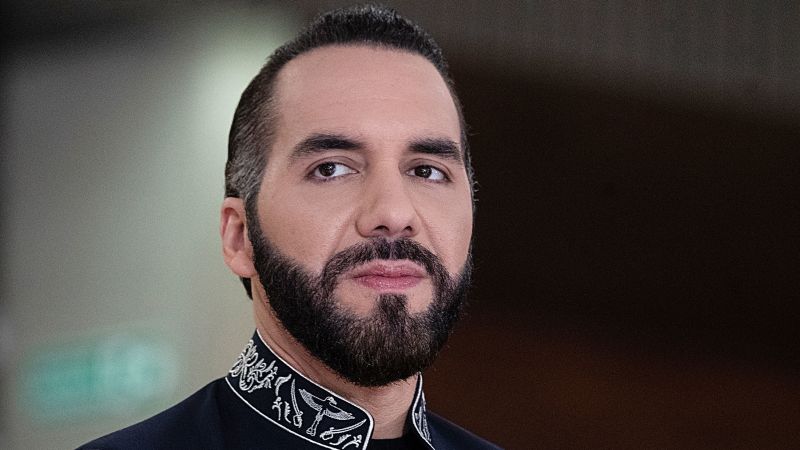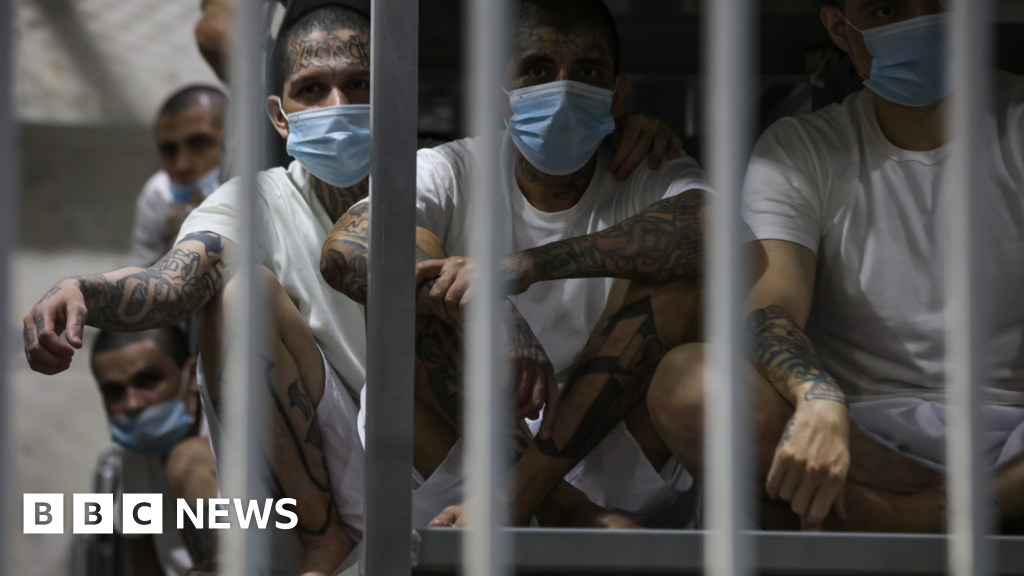El political landscape in Latin America has taken a dramatic turn as El Salvador's president, Nayib Bukele, has extended a bold proposal to Venezuelan President Nicolás Maduro. Bukele has offered to repatriate 252 Venezuelans who were deported by the United States and are currently imprisoned in El Salvador. However, there is a significant condition attached to this proposal: Bukele has stipulated that in exchange for the repatriation of these individuals, Venezuela must release an equal number of political prisoners.
The background to this intriguing diplomatic move lies in the claims made by Bukele regarding the status of the individuals involved. According to Bukele, many of the Venezuelan deportees held in El Salvador have been accused of serious crimes such as rape and murder. In contrast, he argues that the political prisoners in Venezuela are detained solely for opposing Maduro, particularly in the context of the disputed re-election of Maduro last year.
Tarek William Saab, the chief prosecutor in Venezuela, has reacted critically to Bukele's proposal. Saab has demanded clarity on the charges faced by the deportees, questioning whether they had access to legal representation and appeared before a judge as per legal standards. This showcases the complex legal, diplomatic, and human rights considerations that underpin such a prisoner exchange offer.
In response to Bukele's proposal, the Venezuelan government has adamantly denied the existence of political prisoners within its borders, a viewpoint that contradicts assertions made by various human rights organizations. This divergence in perspectives further complicates the potential negotiations between El Salvador and Venezuela.
Bukele's proposal also includes a request for the release of political prisoners of other nationalities, including U.S. citizens, as part of the proposed exchange. This broadening of the scope of the agreement hints at the complexity and wide-ranging implications of such a diplomatic maneuver.
The issue at hand has broader implications beyond the immediate prisoner exchange. It also sheds light on the U.S. deportation policy under the Trump administration, particularly regarding individuals accused of being part of criminal gangs such as the Tren de Aragua. The deportations to El Salvador and the subsequent incarceration of these individuals are part of a broader strategy aimed at combating transnational criminal organizations.
Bukele's standing as a charismatic leader who has garnered significant popularity domestically for his tough stance on crime and gang violence adds a layer of complexity to this proposal. Despite criticisms from international human rights organizations regarding potential abuses, especially in the context of his anti-gang crackdown, Bukele's enduring popularity within El Salvador underscores the intricate political dynamics at play.
The unfolding diplomatic saga between El Salvador and Venezuela is a testament to the intricacies of international relations, human rights considerations, and the complex interplay of legal and political factors. As this story continues to develop, the world watches with bated breath to see how the negotiations between Bukele and Maduro unfold and the potential implications for the individuals at the heart of this proposed prisoner exchange.


